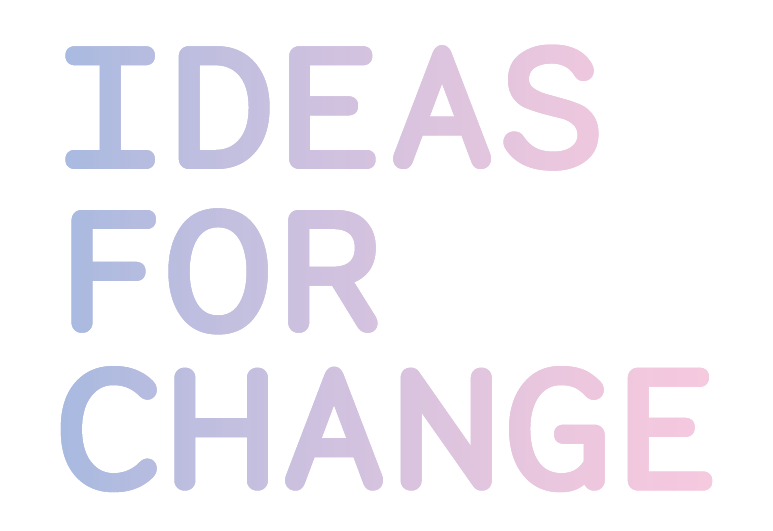FITUR edition 2024 - Keys and solutions for territorial revitalisation
By Sandra Campos, Tourism Consultant.
(Original publication in Spanish)
FiturNext, the FITUR Observatory for the promotion of good sustainable tourism practices sponsored by Enrique Tomás, closed its fifth edition dedicated to how tourism can contribute to territorial revitalisation. And it did so after an extensive programme of talks, presentations and round tables with public authorities, initiatives and experts on the subject. More than 600 people attended the more than 20 dialogues where there was a common reflection: territories at risk of depopulation can have a great tourist potential and, this potential, a formula for territorial revitalisation.
Among the speakers and topics presented, the participation of various political authorities such as Francesc Boya Alós, Secretary General for the Demographic Challenge, Rubén Torres, Delegate for Toledo of the Commissioner for the Demographic Challenge of Castilla la Mancha and Juan Gonzáles Mellizo, Head of Communication of the Representation of the European Commission in Spain, stood out. They focused on the importance of implementing public policies with a depopulation perspective, as well as the capacity for replicability, a concept linked to the DNA of the Observatory, as a tool for expanding the positive impact of tourism.
Other entities of great importance in the sector also participated, such as UN Tourism (former UNWTO), with the participation of Antonio López de Ávila and the Best Tourism Villages project. Segittur, through the participation of its president Enrique Martínez Marín, or Turespaña together with the Spanish Film Commission, with the intervention of Blanca Pérez Sauquillo, and Juan Manuel Guimeráns, respectively, in which they talked about the capacity of the film industry as a pole of tourist attraction and revitalisation of territories.
During the first three days, the different speakers at this edition reflected a shared vision of promoting depopulated destinations in order to safeguard their historical and cultural heritage, helping to halt depopulation. Among the key points presented at the different conferences, connectivity as a tool for attracting new travellers and increasing alliances between destinations, culture as the backbone of the enhancement of the territories and their local communities, and the authenticity of the experiences that these destinations can offer were highlighted. All of this contributes to sustainable tourism, aligned with local values, as well as to the creation of opportunities for new residents, positioning tourism as a vehicle to alleviate depopulation.
University Saturday: Smart Tourism Hub
The fourth day of the Observatory at FITUR was dedicated to future professionals in the sector. More than 40 students from different Spanish and international universities gathered at the FiturNext stand at FITUR with a common purpose: to participate in the second edition of the Smart Tourism Hub to delve into the creation of future scenarios that contribute to solving the great challenges of today and the future during a workshop lasting almost 3 hours.
These students, accompanied by some professors, came from national universities such as the Universidad Rey Juan Carlos, the Universidad Autónoma de Madrid, the Universidad Complutense, or the Vatel Madrid School; as well as from international European centres, such as the NHL Stenden University in the Netherlands or the Savoie Mont Blanc University in France.
For this Smart Tourism Hub, 5 future scenarios were established: Tik Tok as a new travel agent, Metaverse Destination, Tourism without barriers, Travel with purpose and Tourism and Depopulation. In this way, the students were divided into 5 groups, one for each scenario.
The objective was simple: to create, based on these tourism scenarios, and in ten years' time, a future with a positive impact that would improve people's lives through the Pentagrowth methodology of Ideas for Change.
Two basic rules were established: to make the most of time as a team and to enjoy.
The results were presented at the end of the session, in front of all colleagues, in order to share the value created.
Building cool futures
Behind the scenes (working process)
The Pentagrowth-based process consists of four sequential phases of teamwork:
1. Thinking about tomorrow: planning the #FuturoQueMola (FutureThatWorks).
2. Discovering the internal potential, the resources already available on which this #FuturoQueMola will be based.
3. Explore the external potential, the upcoming resources that will drive it forward.
4. Combine to create impact. Combine the different resources in different ways to maximise impact.
3,2,1... The Year 2034 at FITURNews! (Presentations)
Each of the team-scenarios had a few minutes to present and defend their #FuturesThatRock. They were free to let their imaginations run wild, employing creative approaches such as role-playing, performances, or interviews among teammates.
Among the futures envisioned, a strong commitment to socially responsible tourism stood out. Concepts included tourism designed to create meaningful moments with the elderly, solutions to make tourism promotion on social media more accessible to people with disabilities, and the creation of real tourist destinations in the metaverse to combat loneliness. These were just some of the positive impact futures that were constructed.
With reflections on how to design better and more responsible tourism, FiturNext concluded a successful edition with strong public attendance. Until next year, stay tuned for news on the 2025 edition! ;)







